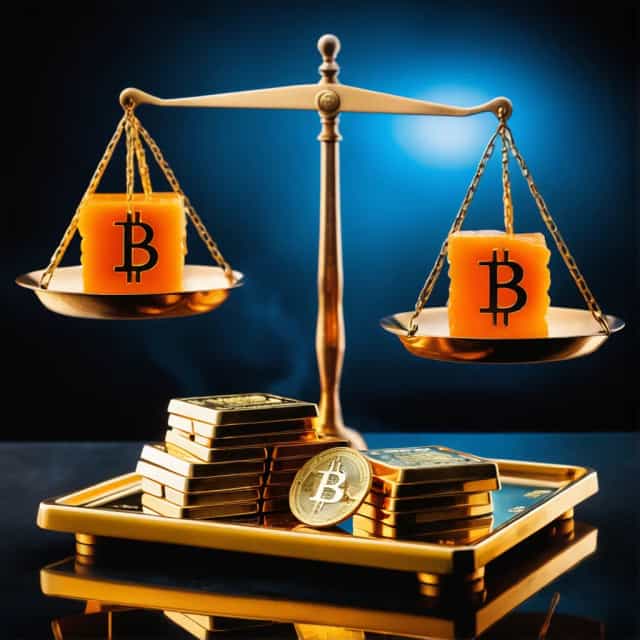
Image source: Block Media
Trump Hints at Possible Xi Jinping Meeting at APEC Summit as U.S.-China Tensions Escalate
Donald Trump, the U.S. President, has left open the possibility of a meeting with Chinese President Xi Jinping during the upcoming Asia-Pacific Economic Cooperation (APEC) summit, set for October 31 and November 1 in Gyeongju, South Korea.
Speaking to reporters on October 10, Trump addressed the uncertainty surrounding the potential meeting, confirming his planned attendance at the summit regardless of whether talks with Xi occur. “I don’t know if we’ll have a meeting, but I’ll still be heading to Gyeongju,” Trump stated.
The President’s comments highlight his commitment to attending the APEC summit while hinting at ongoing deliberations about a potential engagement with Xi. These remarks came shortly after unveiling a major drug price reduction policy by AstraZeneca at the White House. When questioned on whether he had officially canceled a one-on-one meeting with Xi, Trump responded, “I think there’s still a chance that we may have a meeting.”
Trump’s Condemnation of China’s Rare Earth Export Restrictions
The potential meeting is set against the backdrop of heightened tensions between the U.S. and China, particularly over China’s recent rare earth export restrictions. Trump sharply criticized Beijing’s move, describing the export curbs as “an unexpected action that has sent shockwaves globally.” Rare earth elements are vital for manufacturing electronics, renewable energy technologies, and military equipment, making the restrictions a pivotal economic and geopolitical issue.
Trump had earlier blasted the measure as a deliberate effort by China to “hold the world hostage.” Echoing those sentiments in a Truth Social post, he elaborated on his skepticism about meeting with Xi, noting the growing divide in their strategic priorities. “While plans for a meeting were initially in place for the APEC summit, the current circumstances don’t make it seem there’s much reason to proceed with it,” Trump remarked.
U.S. Expands Trade Offensive Against Beijing
In an effort to counterbalance what it perceives as unfair actions by China, Trump has announced additional trade and technology restrictions aimed at Beijing. These include a proposed 100% increase in tariffs on Chinese goods, set to take effect on November 1. Alongside these tariffs are new regulations restricting the export of critical software technologies to China, further exacerbating the already strained relationship between the world’s two largest economies.
These measures underline the brewing trade and technology battle, signaling an intent by the U.S. to limit China’s access to critical resources and curb its economic ambitions. The timing of these actions, coming ahead of a potential bilateral meeting, adds further intrigue to the developing geopolitical narrative.
Financial Markets React to Intensifying U.S.-China Trade Disputes
The widening U.S.-China standoff has had immediate and profound effects on global financial markets. Following Trump’s announcement of new tariffs and export controls, the New York Stock Exchange experienced a sharp selloff, with key indices tumbling. Meanwhile, cryptocurrencies saw similar volatility, with Bitcoin (BTC) briefly dipping below the $120,000 mark before recovering.
Concerns over escalating trade tensions between the two economic superpowers continue to drive market uncertainty. Investors globally are braced for further economic ripples as they await clarity on whether the APEC summit will facilitate dialogue between Trump and Xi or deepen the divide.
A Key Moment for U.S.-China Relations
The potential meeting—or its cancellation—between the two leaders at the APEC summit carries significant implications for future U.S.-China relations. Coupled with Trump’s sharp critique of China’s rare earth export controls and the aggressive rollout of tariffs and restrictions, the upcoming weeks are poised to be a critical juncture for bilateral ties.
As the summit approaches, all eyes remain on Gyeongju and whether the global stage will witness a diplomatic breakthrough or further entrenchment in one of the most consequential international rivalries of modern times.










